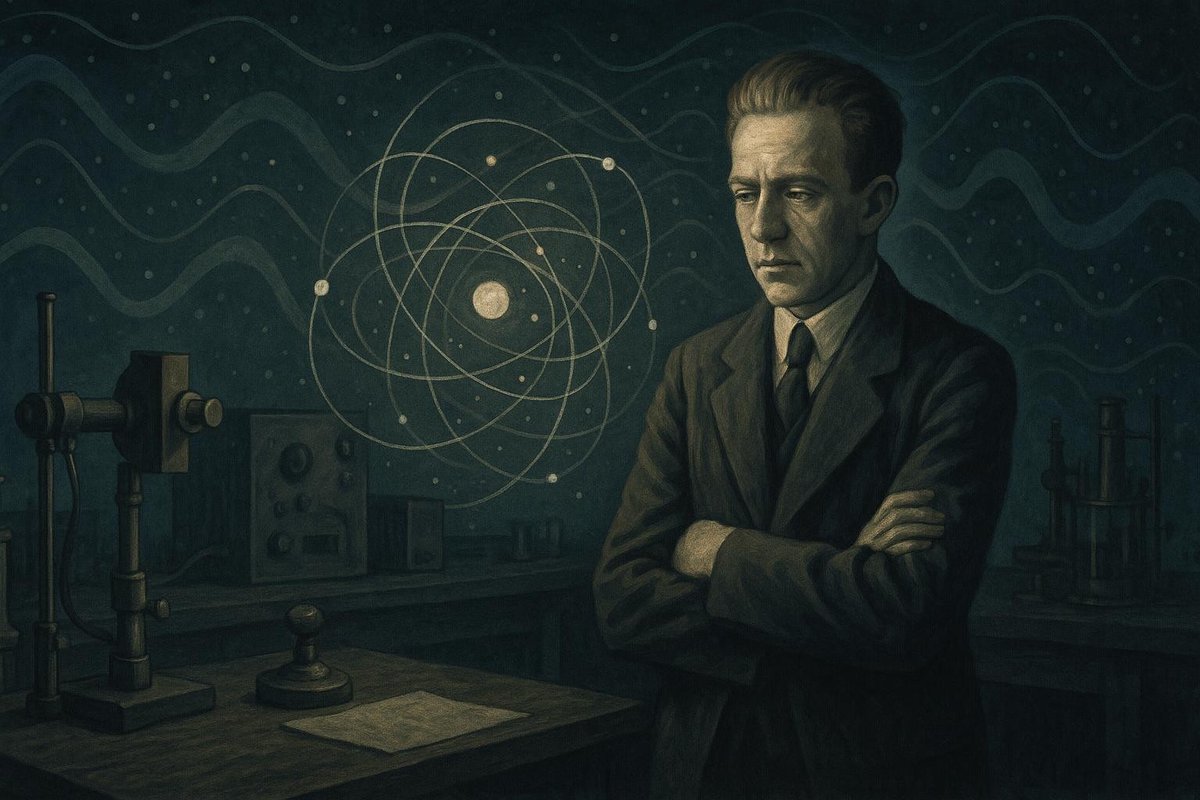
In the dim glow of a laboratory, a scientist observes a particle, only to realize that the very act of observation disturbs its state. This inherent unpredictability, known as the Uncertainty Principle, challenges our perception of reality. But what does this reveal about our ceaseless quest for knowledge?
The Problem: A World Waiting for Answers
Before Heisenberg’s groundbreaking revelation, science teetered on the brink of understanding the microscopic world. Classical physics, with its deterministic foundations, seemed ill-equipped to handle the erratic dance of subatomic particles.
- Classical mechanics assumed a world where every event was predictable, given enough data.
- The burgeoning field of quantum mechanics demanded a new perspective, one that could embrace probabilities.
- Many believed in a universe governed by order, where chaos was merely a temporary state of ignorance.
In the early 20th century, the world was ripe for change. The Industrial Revolution had altered societies, and science was on the cusp of even more profound transformations. The uncertainty principle emerged amidst this backdrop, challenging long-held beliefs and inviting deeper philosophical inquiries.
The Theoretical Breakthrough: Heisenberg’s Bold Step
It was Werner Heisenberg, a young physicist with a penchant for the abstract, who dared to propose that certainty itself might be an illusion. His Uncertainty Principle posited that one could not simultaneously know the position and momentum of a particle with absolute precision.
- Heisenberg’s theory implied a fundamental limit to knowledge — a radical departure from Newtonian predictability.
- He challenged the notion of an objective reality, suggesting that observation alters the observed.
- Heisenberg famously declared, “What we observe is not nature itself, but nature exposed to our method of questioning.”
This philosophical shift echoed existential thoughts of the time, questioning the very nature of reality and knowledge. It was not just a scientific breakthrough but a paradigm shift that urged humanity to reconsider its role in observing the universe.
Supporting Evidence: From Theory to Reality
The Uncertainty Principle was not merely a theoretical fancy. It found evidence in quantum experiments that baffled even the greatest minds.
- Experiments showed particles behaving differently when observed, defying classical logic.
- Wave-particle duality illustrated the dual nature of matter, supporting Heisenberg’s claims.
- Contemporary experiments continue to reveal the uncanny accuracy of quantum predictions based on uncertainty.
In practice, this principle revealed an unpredictable universe at its most fundamental levels. The implications were vast, touching on everything from the nature of consciousness to the boundaries of human understanding.
Modern Relevance: Uncertainty in an Age of Information
Today, the Uncertainty Principle resonates beyond physics, acting as a metaphor for the complexities of modern life. In an information age where data is abundant, uncertainty still looms large.
- In economics and social sciences, uncertainty remains a key factor in decision-making processes.
- The principle has inspired philosophical debates on free will and determinism.
- It reminds us that human curiosity thrives not despite uncertainty, but because of it.
As technology advances, our quest to reduce uncertainty continues. Yet, Heisenberg’s principle humbly reminds us of the limits of knowledge, urging us to embrace the unknown as a fertile ground for discovery.
The Uncertainty Principle remains a beacon for those who seek meaning in complexity. It invites us to ponder the limits of knowledge and the boundless nature of curiosity. As we stand at the crossroads of science and philosophy, we find that our search for understanding is as much about the questions as the answers.
Fuel Someone Else’s Curiosity
If this exploration of the Uncertainty Principle intrigued you, consider sharing it with others. Let us invite more minds into this conversation, for it is in dialogue that we often find deeper insights. Together, we can unravel the mysteries of our universe, one question at a time.

Leave a Reply